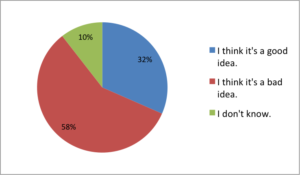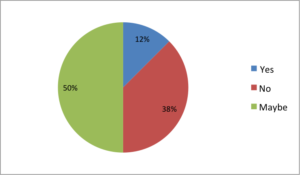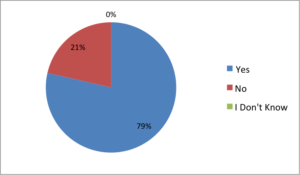The Office of Personnel Management (OPM) is looking to pilot a program that will start incorporating social media posts into background investigations for security clearances. According to an article written by Jack Moore for NextGov, OPM already started market research on companies with software capability to search sites like Facebook, Yelp or Amazon and also perform web crawls on your blog posts, online reviews and video and picture sharing sites. OPM’s goal is to have the program fully automated but to also have a system that avoids collecting results from different people with similar names.
This initiative is part of a larger effort to collect more data on security clearance holders instead of doing as many periodic reinvestigations that generally occur just once every 5 or 10 years. It’s also an attempt by the White House to curb the growing “insider threats” by conducting periodic automatic checks using new media.The OPM pilot program will start sometime in 2016 using a small pool of the population.
Since social media is such a big part of Millennials lives, this kind of tracking will likely have a huge impact on them. In order to get a better sense of their feelings about the proposed program, we at Young Government Leaders (YGL) conducted a short poll of YGL members through our own social media channels.
Question 1: How do you feel about OPM’s proposal?

Question 2: Do you trust federal agencies with this information?

Question 3: Will this change how much information you share online?

These responses indicate that Millennials are hesitant to share their data with the government, even being somewhat distrustful of OPM’s plans. Given the news stories about government data collection over the past decade and the increasing risk of data breach, it shouldn’t come as a surprise to our policy-makers. In fact, OPM and other agencies would be well-advised to expect strong oppositions to their proposal and to plan for alternative options.
To counter such measures, policy makers ought to exhibit transparency by communicating the proposed plans and processes for each program. If possible, also include the names of systems they plan on using and involve Millennials in the project planning stages. In addition to being tech savvy, they can also provide critical input on production designs and end user functionalities. Millennial participation and involvement will be seen as an invitation for collaboration and will help propel the federal government to become more inclusive.

